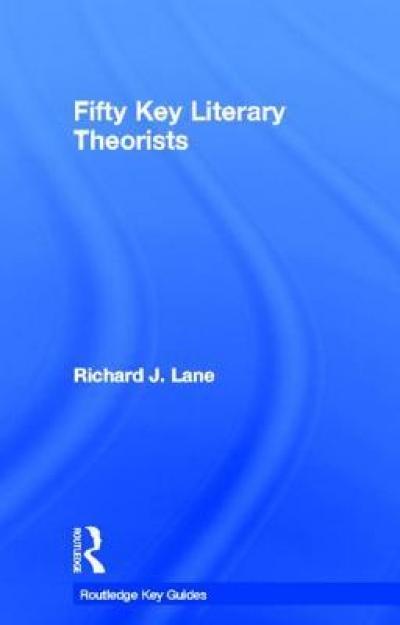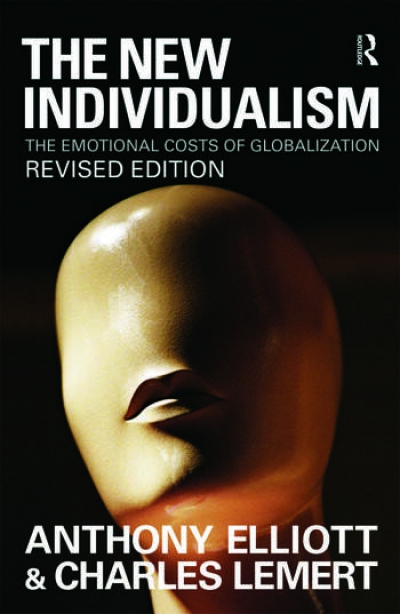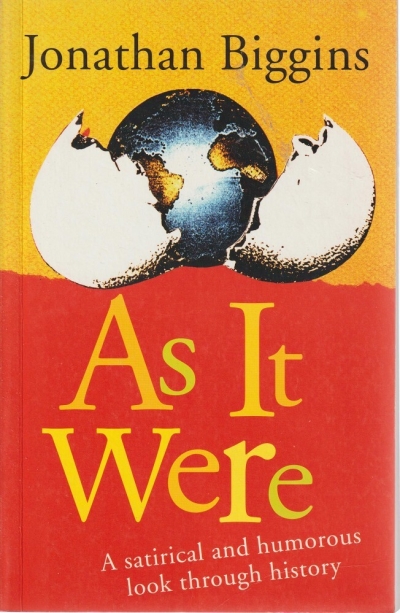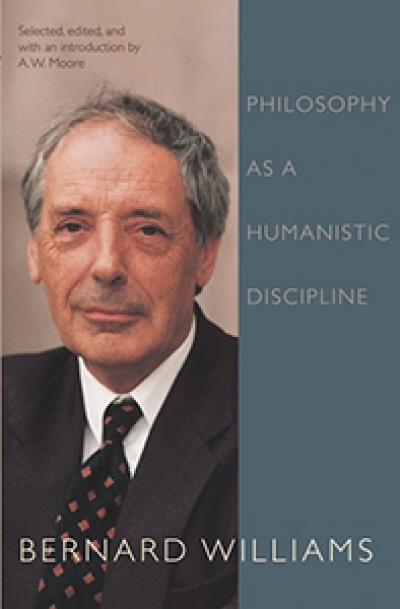Archive
Letters Lifted into Poetry: Selected correspondence between David Campbell and Douglas Stewart 1946–1979 edited by Jonathan Persse
Google and the Myth of Universal Knowledge by Jean-Noël Jeanneney (trans. Teresa Lavender Fagan)
Memory is actually anxious to be heard.
A.F. Davies
What a year, and how lucky we are that our country can only play a timid, cringing, subservient role in Iraq – which is not at all to disparage the soldiers we send there. It must be a bastard of a job for those young men, at the accursed interface.
February 6: We fly to Hobart for our Coles Bay holiday, pick up a car and gradually find Sarah and Gordon’s evasive house on its steep hill. The following morning he starts me off with a long stiff walk over the mountain slopes: easier at his age. But I could eat a horse afterwards, were that required.
... (read more)January 5: Planning for the Australian Poetry Centre (APC), thanks to the largesse of CAL; we’ll be in ‘Glenfern’, the handsome Boyd/a’Beckett house in St Kilda. Otherwise I’m feeling fit as a whippet, unlike Peter Costello.
January 17: Drove to windy Ballarat for Jan Senbergs’s drawings, David Hansen keeping us wittily diverted – the drawings, after 1992, suddenly very good, as Jan’s crowded Middle Park studio had given him cramped interiors, away from surreal cities. Out in the street, I saw someone who resembled Paul Kane, and uttered a tentative ‘Paul?’ – there they were, Paul and Tina, far from New York – so they persuaded us to drive north, coming to side roads that, like Donne’s pursuit of truth, ‘about must and about must go’. It perched on the bald head of an old volcano, in the full tug of wind: ‘The council engineer said we had to chain it to the hill.’
... (read more)If we cannot end now our differences, at least we can make the world safe for diversity.
President John F. Kennedy, Address to the American University, Washington DC, 10 June 1963
In March 1966 the first students arrived at Flinders University. They were typical of their time. Men outnumbered women two to one. Most lived at home with their parents, their background overwhelmingly middle class. A survey in the first years of the new institution confirmed that Flinders students were not politically radical. A slim majority indicated support for the government of Harold Holt. Only a handful opposed American and Australian involvement in Vietnam. If conservative about political change, Flinders students did not forgo commencement day pranks, with a mock Russian submarine being pushed into the university lake. Four decades ago, most students starting at Flinders were destined for teaching or the public service.
... (read more)An innocent replies
Dear Editor,
I agreed with most of Neal Blewett’s stimulating review (‘Innocent abroad’, December 2006–January 2007) of my autobiography, A Thinking Reed. I leave it to others to judge the accuracy of his character analysis and pairing me with Pauline Hanson.
... (read more)



